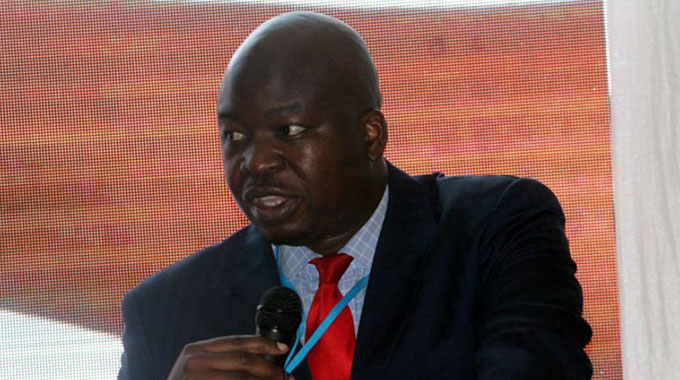Govt rules out retrenchment

Government is not considering retrenchment in the civil service as a cost cutting measure due to lack of financial resources to fund such an exercise, a senior government official said yesterday.
Wages in the civil service take up to 90 percent of Zimbabwe’s national budget, leaving little for investment in key public infrastructure such as roads, power stations and health facilities.
To make matters worse, Government finances a large part of this by borrowing on the local capital markets, crowding out the productive sectors from critical financing.
Finance and Economic Development Permanent Secretary George Guvamatanga said it would be costly for Government to embark on retrenchment now.
For example, he said a person who has been in the civil service for 20 years and earning $1 500 per month would require at least $100 000 in terminal benefits.
“We actually need a very strong financial base if ever we are to consider that,” he said.
“Even if you work it in terms of what is regarded as a normal payback period, any retrenchment for it to be viable you should be paid back in two years and this kind of structure does not pay back in two years. So it is not viable for Government at the moment and neither is it sustainable for Government to consider a redundancy.”
Government is, however, carrying out reforms in the civil service including enforcing the retirement policy for employees who had reached the mandatory retirement age of 65 but were still on the Government pay roll.
It will also carry out a biometric registration of all civil servants to weed out ghost workers, with effect from January 1, 2019.
Previous civil service audits undertaken by Government in 2011 and 2015 pointed to a possible existence of ghost workers in the service. — New Ziana.










Comments